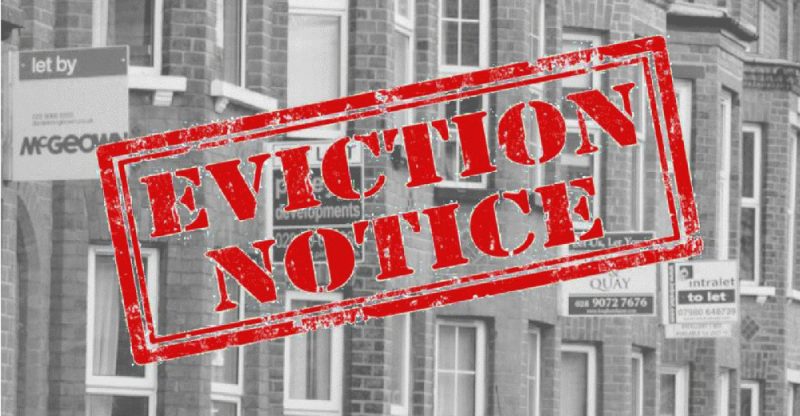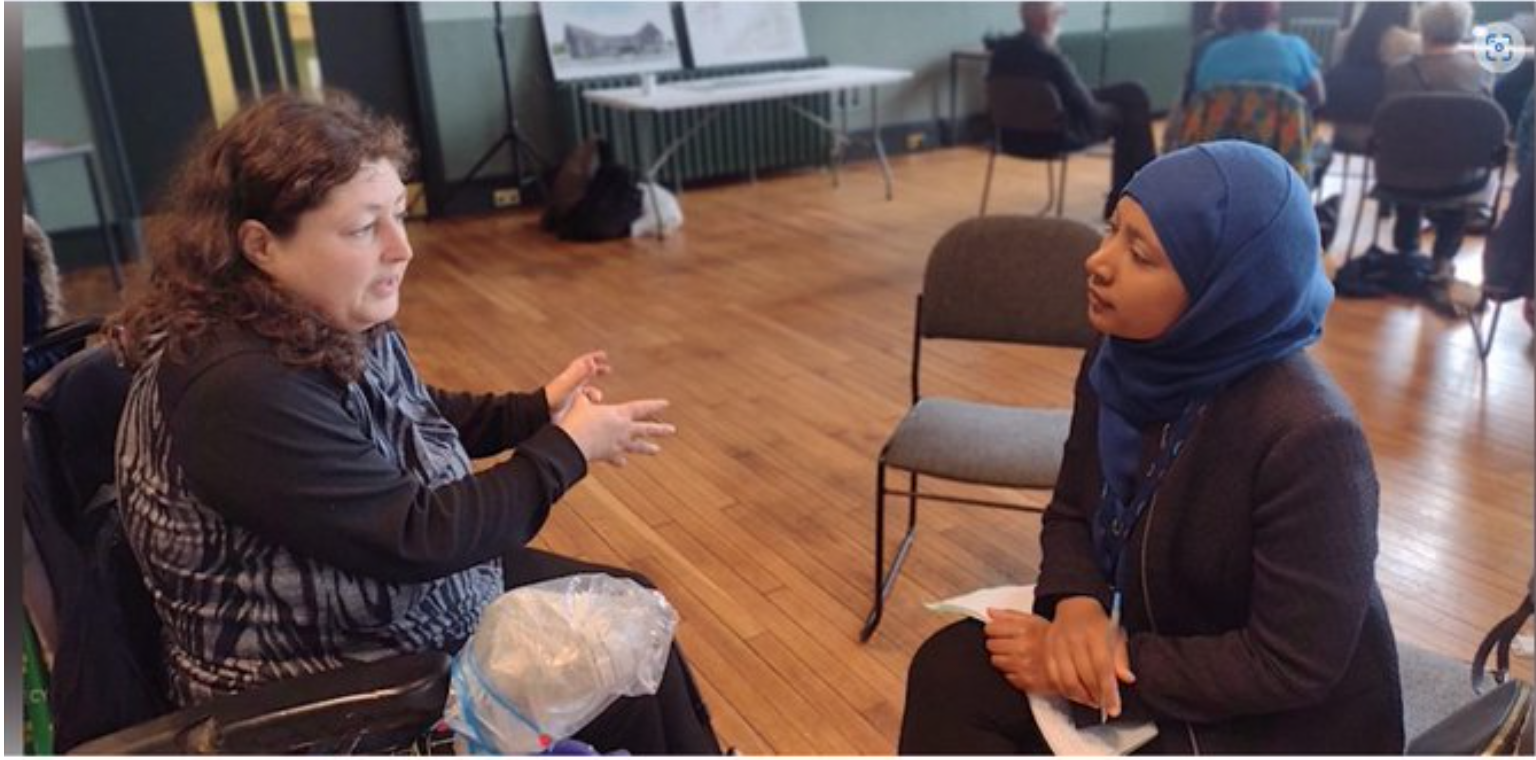By James Doheny (@jamesdoheny)
Tens of thousands of tenants across Greater Manchester at risk of losing their homes during the Covid-19 crisis, once the ban on evictions is raised on 23 August.
Tenants Union UK, ACORN Manchester and the Greater Manchester Law Centre are joining forces to offer training and information to help renters resist eviction. Full details below.
The impact of the Covid-19 crisis has fallen most heavily on those least able to deal with it. One group disproportionately affected by the economic shock has been people renting their homes from private landlords. According to recent research from the housing charity Shelter nearly 230,000 adult private renters, a number equivalent to the population of Oldham, have fallen into arrears since the start of the pandemic, meaning they could be at risk of losing their homes.
When the virus first hit in March, the government instructed the courts to ban evictions – keeping people in their homes regardless of economic factors – but on 23 August that ban will be lifted.
As the law currently stands, from 24 August onwards, landlords can file applications for possession hearings, the first step in the eviction process, and anyone with rent arrears of eight weeks or more satisfies the grounds for a potential eviction under Section 8 of the Housing Act 1988. This is in addition to a parallel risk of the Section 21 “no-fault eviction”, which affects many more renters and has become so controversial that even this government had pledged to abolish it. The Renters’ Reform Bill 2019-20 was announced in the Queen’s Speech last year but has yet to be presented to Parliament, despite the heightened need for reform as a result of the pandemic.
Housing organisations, politicians and academics are warning of what mayor of London, Sadiq Khan has called an “impending tsunami of evictions” and appealed for the government to act decisively to protect tenants.
The Ministry for Housing, Community & Local Government has said in a statement that the government has taken “unprecedented action” to support renters during the pandemic but those working in the sector are unconvinced. They accuse the government of simply attempting to smooth the curve of the impending wave rather than acting to prevent it.
Greater Manchester renters
In Greater Manchester, Shelter estimates that around 12,000 people are at risk of losing their homes, snared in the totally unforeseeable economic impact of Covid-19 through no fault of their own.
To meet these converging crises – in housing and in justice – and support tenants through what may be an extremely challenging time for them, three of Manchester’s frontline tenants’ and legal rights organisations – Tenants Union UK, ACORN Manchester and the Greater Manchester Law Centre – are coming together under the banner of “Greater Manchester Against Evictions” in a series of coordinated actions. Pledging to “fight evictions in the courts and in the streets” they’re working on several fronts to try and ensure that nobody in Greater Manchester loses their home due to Covid-19.
Tenants Union UK, who are headquartered in Manchester, are a “tenants support” organisation. As Ben Clay, who is also a Manchester City Councillor, explains:
“We believe nobody should lose their homes due to the Covid-19 pandemic, which has added to the burden of a broken, unfair system which makes safe and secure homes unaffordable to most renters in our communities.
“Many tenants are unclear on their rights, and even during the eviction ban, some have been evicted illegally by criminal landlords, while others leave their homes voluntarily, mistakenly believing they are obliged to move out if they cannot pay rent. That is why we are teaming up with the Greater Manchester Law Centre to ensure renters, and our members, understand their rights, and are equipped with the knowledge to help each other.”
“Our tenant solidarity and eviction defence team are holding a series of training events to help concerned renters understand their rights, signpost people to appropriate legal advice, deal with arrears, disrepair and other issues by negotiating with landlords, and resist evictions with collective action.”
13 August 2020
This article was first posted by The Meteor on 11 August 2020.





